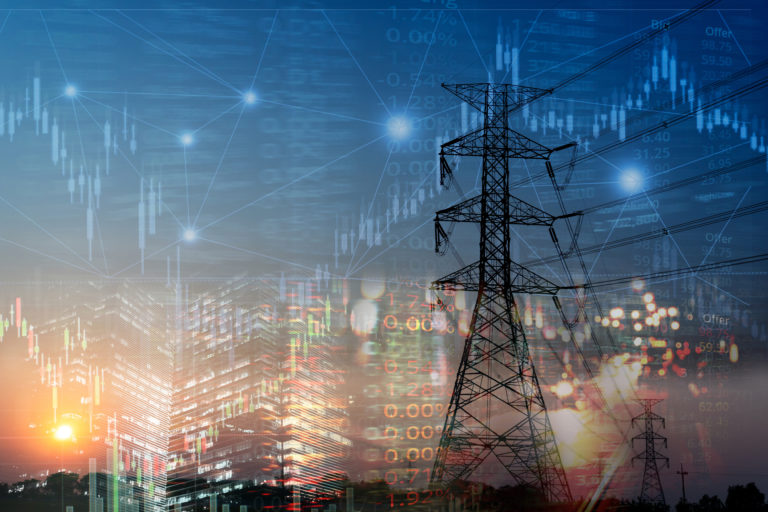Are you interested in creating a new revenue stream for your business? Did you know that you could earn revenue by reducing your electricity usage during peak demand times? Through a program called Demand Response, a utility company or Independent System Operator (ISO) offers incentives to large electricity users who reduce their electricity consumption during “peak events.” While the enrollment deadline varies between programs, the deadline for some programs occurs in early spring to ensure that those participating are ready and prepared ahead of the summer peak events.
Goals of Demand Response
Historically, grid reliability was the responsibility of the ISO and electric generators having the capacity to ramp up generation to meet the demand at any given point throughout the year. To facilitate this, however, demand response was introduced as a way for end-users of electricity to contribute to the overall stability of the grid by temporarily curtailing their usage during peak demand events throughout the year. In exchange for the contributions made by end-users, payments are made by “program managers” to reward businesses for helping maintain a reliable supply/demand balance during times of stress on the electricity grid. By doing this, ISOs can keep the grid stable, and customers can maintain lower costs by reducing demand, which is a win-win for everyone.
What is a Peak Event?
A peak event is a time where demand for electricity is at its highest. During the summer, that can happen when temperatures rise, and many end-users are using air conditioners to cool down, in addition to their normal energy-intensive processes. When that happens, a utility can issue a peak alert and ask customers who participate in demand response programs to curtail their electricity usage, helping to stabilize the electricity grid for everyone and avoid a potential blackout.
Peak events usually occur just a few times each year, and only last for a short period of time. The program manager will notify those who are participating in the demand response program that a peak alert will happen in advance, with lead times varying depending on the programs that the customers are enrolled in.
Ways to Reduce Electricity Usage
Many businesses may hear ‘reducing electricity’ and think they must completely disconnect from using it. That’s not true! During a peak alert, a utility company is looking for a reduction in electricity usage during a short duration.
So how can you reduce your electricity usage during a peak event?
- Turn the temperature up: Believe it or not, raising the temperature on your air conditioning by just a few degrees can make a difference.
- Turn down the lights: If there are offices or conference rooms not in use, turn the lights off! Not only will this save money and reduce electricity usage, but it will also help the area stay cooler.
- Change it up: For large manufacturing businesses, consider moving production times to off peak times of the day when electricity usage is lower, like early in the morning or overnight.
- Backup generation: Some forms of backup generation owned by the property can be used during peak events to alleviate the draw from the grid instead of using the electricity delivered by the utility.
Who Are Good Candidates?
Industrial manufacturing plants are great candidates for demand response because they have high electricity usage, and in some cases, can shift production times to other parts of the day. Hospitals and medical facilities typically have backup generation that may be eligible for use in a demand response program, making them a good candidate as well. Other facilities such as school districts and colleges/ universities, commercial real estate, data centers and any other industry that has the tendency to consume a large amount of electricity in a short period of time during a peak event.
Getting Started
Do you think your business is a good candidate for demand response? Contact a Energo Advisor to discuss your current electricity usage and get a free energy audit!


